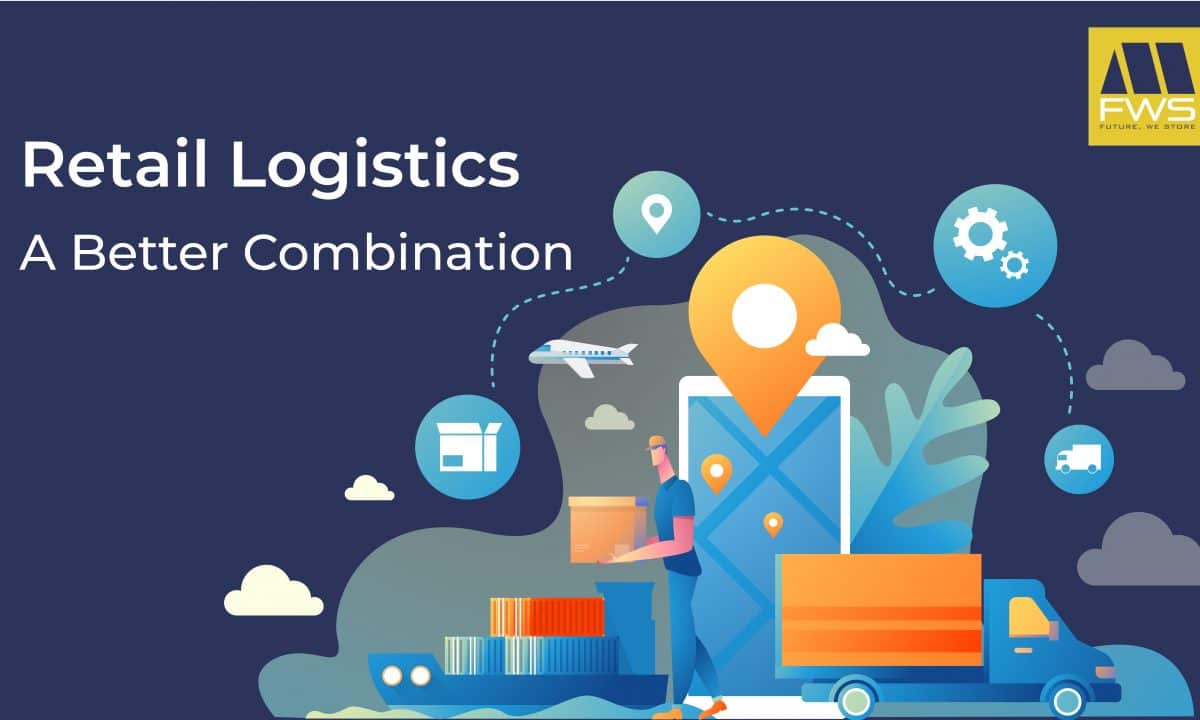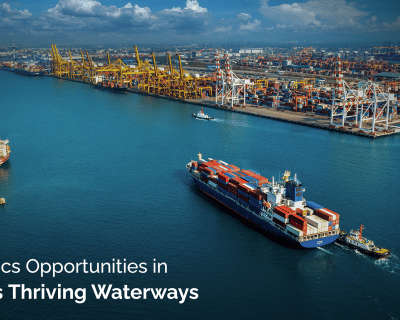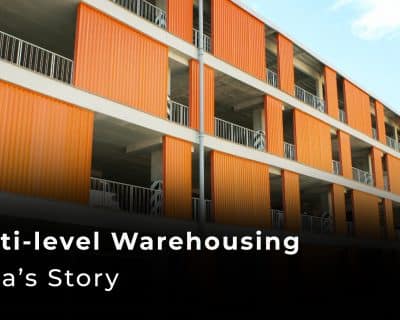Blog

Retail Logistics: A Better Combination
‘Retail logistics’ is the organist process of managing the flow of merchandise from the source of supply to the customer. It involves all incoming and outgoing operations that lead to the movement of finished goods from a company to the end consumer. A robust retail logistics model must be optimized to run a successful direct-to-consumer (DTC) sales network.
What is the need?
Large retailers deal in a wide variety of products. This has created a need for systematic planning of the movement of numerous goods until they are delivered to the customer. Retail logistics ensures that everything is in place to offer better delivery and service at lower prices by way of efficient logistics and added value.
What is the value of logistics in retail?
Retail logistics is all about guaranteeing that your supply chain is well-managed so that your consumers get what they want when they want it. It includes product sourcing, inventory acceptance, delivery, and distribution. To stay optimized and keep your supply chain functioning, each phase of the retail logistics system needs a plan and the appropriate mechanisms in place.
How does retail logistics work?
Retail logistics system strives to add value for the customer. For this purpose, the cost elements in the supply chain are brought under the retailer’s direct control. Depending on sales volume, retailers create central or regional distribution centers. They decide on significant investment in property, plant, and equipment with associated overheads.
As far as logistics is concerned, with globalization comes complexity. Although expanding retail logistics operations to a global scale has enabled many companies to reduce costs, diversify product offerings, boost production efficiency, and more, it’s also introduced more risk in the form of supply chain disruption.
Concluding Thoughts
Logistics has evolved from the straightforward storage and processing of products to an entirely customer-centric business model thanks to e-commerce. Consumers now have more influence over their purchasing experience than ever. They have the choice of next-day delivery and may even follow shipments in real-time. Because the retail logistics system is extremely dynamic and customer-focused, these end-to-end supply chains require a high degree of synchronization and close cooperation – both of which are being facilitated by technologies.




